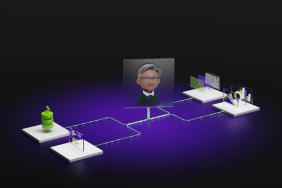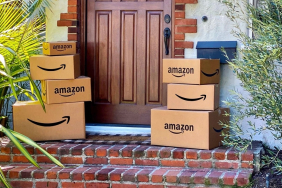The Indian government’s recent choice to assign satellite spectrum instead of conducting an auction is aimed at providing increased options for consumers, according to the telecom minister. This move addresses concerns raised by Mukesh Ambani’s Reliance Jio, which worries about potential competition from Elon Musk’s Starlink.
Starlink has expressed its desire to enter the Indian market and has recently been at odds with Ambani’s firm over the preferred methods for allocating spectrum for satellite services.
While Reliance has advocated for an auction process, the Indian government has opted for an administrative allocation, aligning with global practices supported by Musk. Analysts suggest that an auction could deter foreign competitors due to the substantial investment required.
Ambani emphasized the need for a fair competitive landscape and voiced concerns that his telecom business, which has invested approximately $19 billion (around Rs. 1,64,354 crore) in airwave auctions, may see a downturn in broadband customers to Starlink, along with potential losses in data and voice clients as technology evolves.
In an interview at his ministry’s office in New Delhi, Telecoms Minister Jyotiraditya Scindia stated, “My job is to ensure that you have as many choices as possible.” He acknowledged the validity of some of Reliance’s concerns but refrained from naming specific companies, remarking that “Technology is never constant,” and businesses must continue to innovate.
Scindia pointed out that the existing satellite technology for communication requires a clear line of sight to the sky, which smartphone users cannot access indoors compared to services provided by terrestrial networks. “The minute you come into this building, you’re done,” he noted.
As one of the largest telecom markets globally, India boasts 942 million users and intense competition among major players like Reliance, Bharti Airtel, and Vodafone Idea. The country has some of the most affordable data prices worldwide, and internet connectivity is rapidly expanding.
According to Deloitte, India’s satellite broadband market is projected to reach a value of $1.9 billion (approximately Rs. 16,435 crore) by 2030, presenting significant opportunities for companies including Starlink, Amazon, and Reliance Jio.
Scindia confirmed that the applications from Starlink and Amazon Kuiper for licenses to operate satellite broadband in India are still under review.
Musk is known for his market-disrupting strategies. For instance, in Kenya, he set the price for Starlink at $10 (around Rs. 865) per month, significantly lower than the $120 (approximately Rs. 10,382) charged in the United States, leading to a complaint from Kenya’s Safaricom.
Having previously served as the aviation minister, Scindia is also spearheading various telecom initiatives under Prime Minister Narendra Modi’s administration.
In November, it was reported that the Indian government holds a stake in Vodafone Idea, which disclosed approximately $24 billion (around Rs. 2,07,589 crore) in outstanding dues to the government.
Throughout the interview, Scindia consistently deflected inquiries regarding potential aid for the outstanding dues. Nevertheless, he mentioned that efforts are underway to revitalize the state-run telecom entity, Bharat Sanchar Nigam Limited (BSNL), which has experienced a decline in its market share amidst increasing competition.
BSNL currently serves 99 million users and is being bolstered by the introduction of enhanced 4G services.






